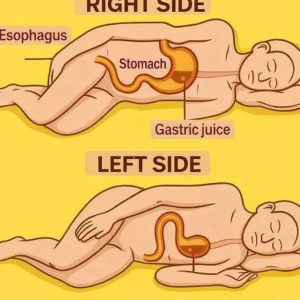The U.S. Supreme Court delivered a notable decision favoring former President Donald Trump by ruling that he can remove Federal Trade Commission (FTC) Commissioner Rebecca Slaughter. Slaughter, a Democrat appointed by President Joe Biden, had challenged her dismissal in court. The court also agreed to take up the broader question of whether presidents may dismiss FTC commissioners without cause.
In a 6-3 decision, the justices supported Trump’s authority to remove commissioners, overruling a prior lower court judgment that had temporarily reinstated Slaughter. She had been one of two Democratic commissioners removed by Trump in March, alongside Alvaro Bedoya, who later withdrew his legal challenge. Slaughter’s term was originally set to end in 2029, and her removal leaves no Democratic appointees on the commission.
The decision challenges the precedent set in the 1935 case Humphrey’s Executor v. United States, which held that FTC commissioners could only be removed for misconduct or neglect. Trump’s legal team argued that such restrictions limit executive power. Solicitor General D. John Sauer emphasized the constitutional issue, stating that transferring executive authority away from the president causes harm to the functioning of the government.
The court’s majority opinion suggests that the conservative bloc is open to overturning or significantly narrowing the 1935 precedent. The justices are scheduled to hear oral arguments on this matter in December, and a final ruling could redefine the structure of independent federal agencies.
Separately, the court ruled 7-2 in favor of energy producers in a lawsuit against the Environmental Protection Agency (EPA) regarding California’s clean energy mandates. The case centers on the state’s push for electric vehicle adoption by 2035, which has raised legal concerns.
Justice Brett Kavanaugh wrote that businesses should not be excluded from court when challenging potentially unlawful regulations. The court recognized the fuel producers’ standing to proceed with the lawsuit.





